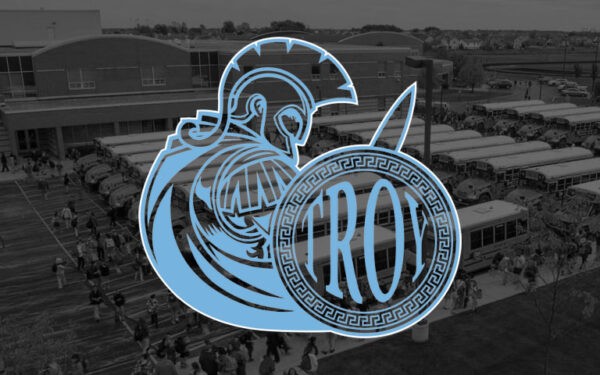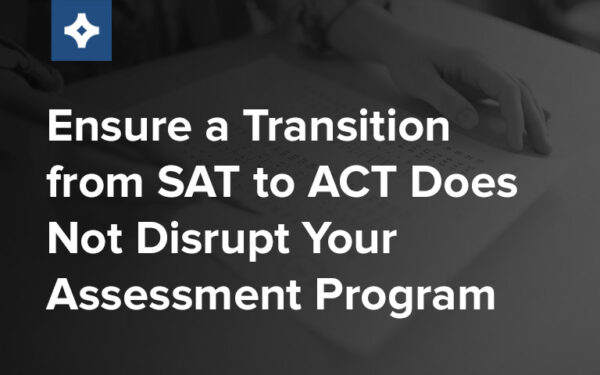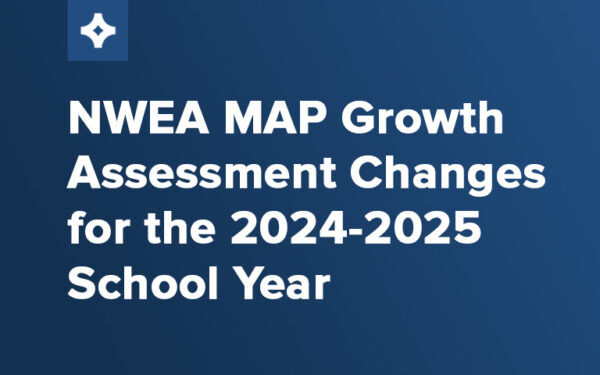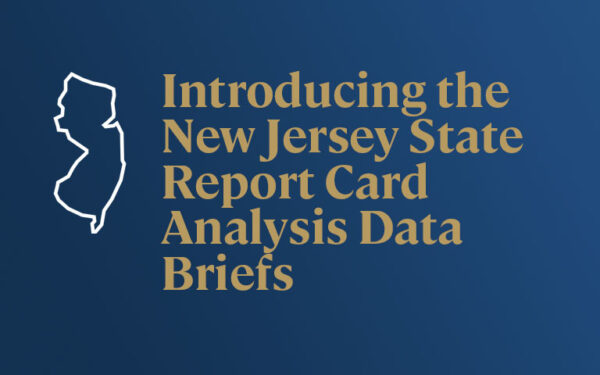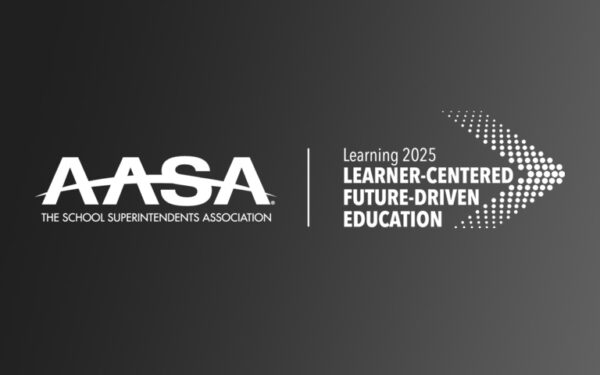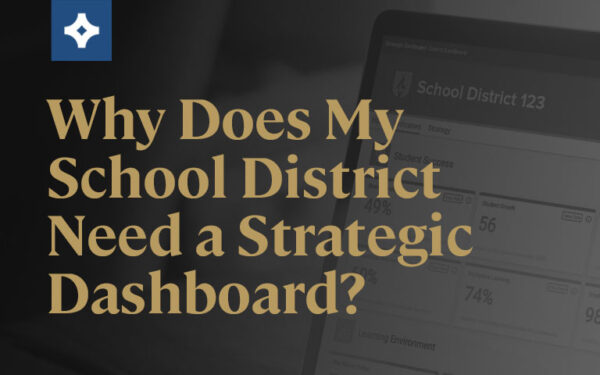Monitoring District Performance at Oak Lawn District 229: Case Study
ECRA CASE STUDY: Monitoring District Performance at Oak Lawn District 229Superintendent Shahe Bagdasarian of Oak Lawn District 229 leverages the district’s Strategic Dashboard to communicate key performance indicators and align the work of school leaders. The dashboard allows district leaders to track and analyze data on student performance, fostering data-driven decision-making.


